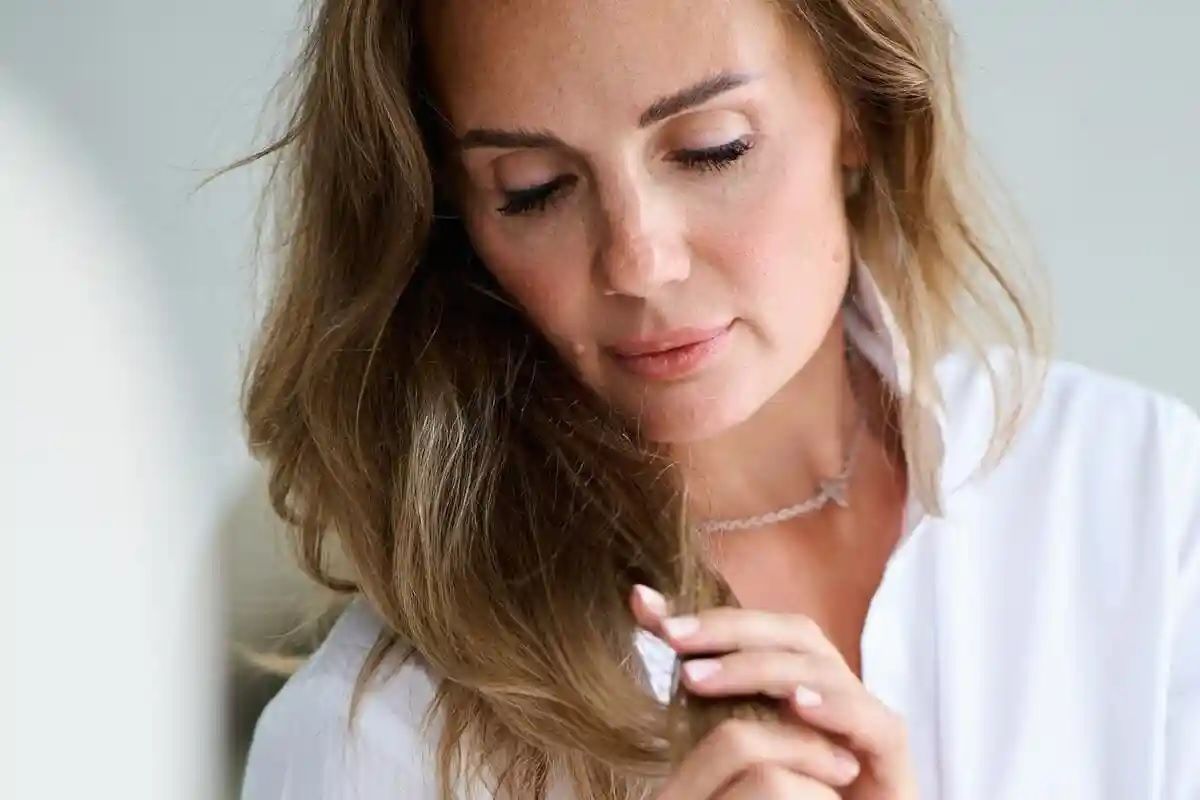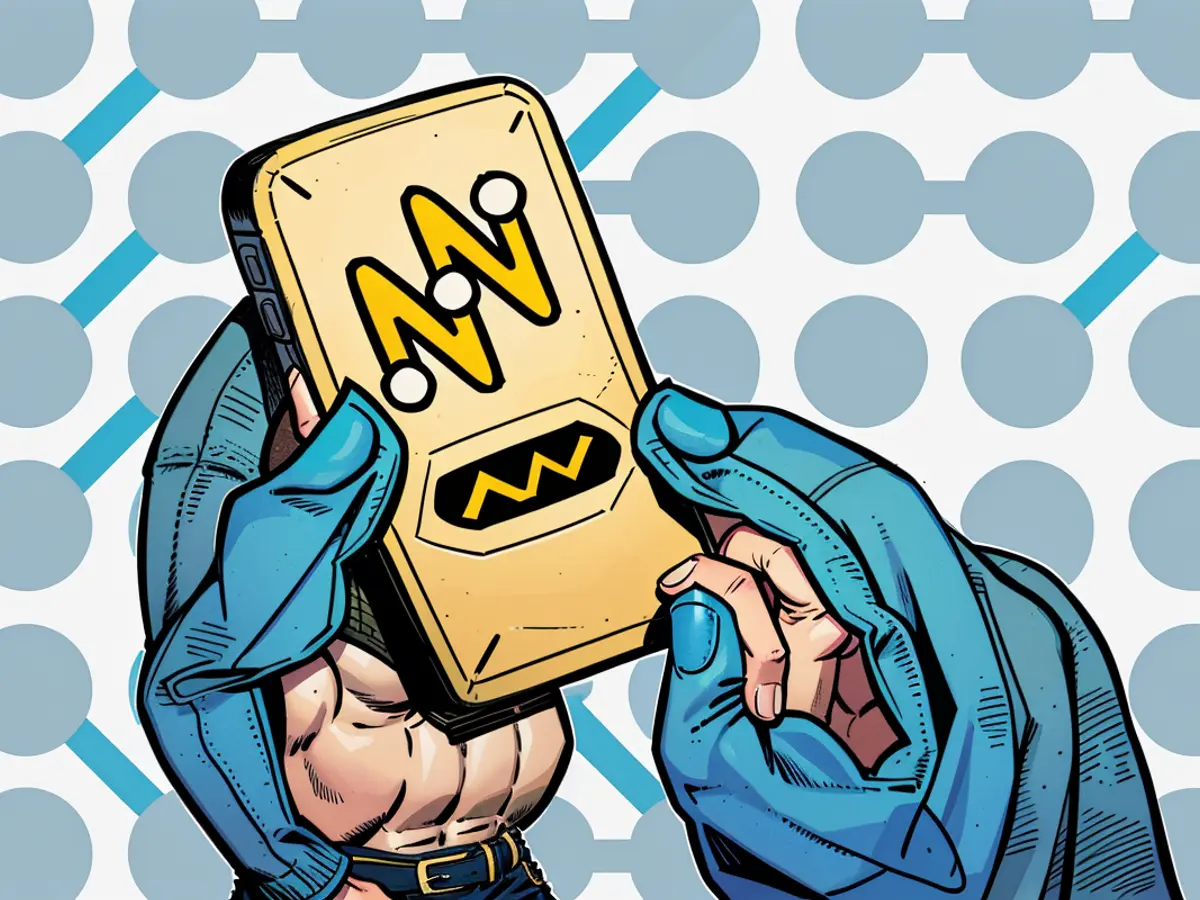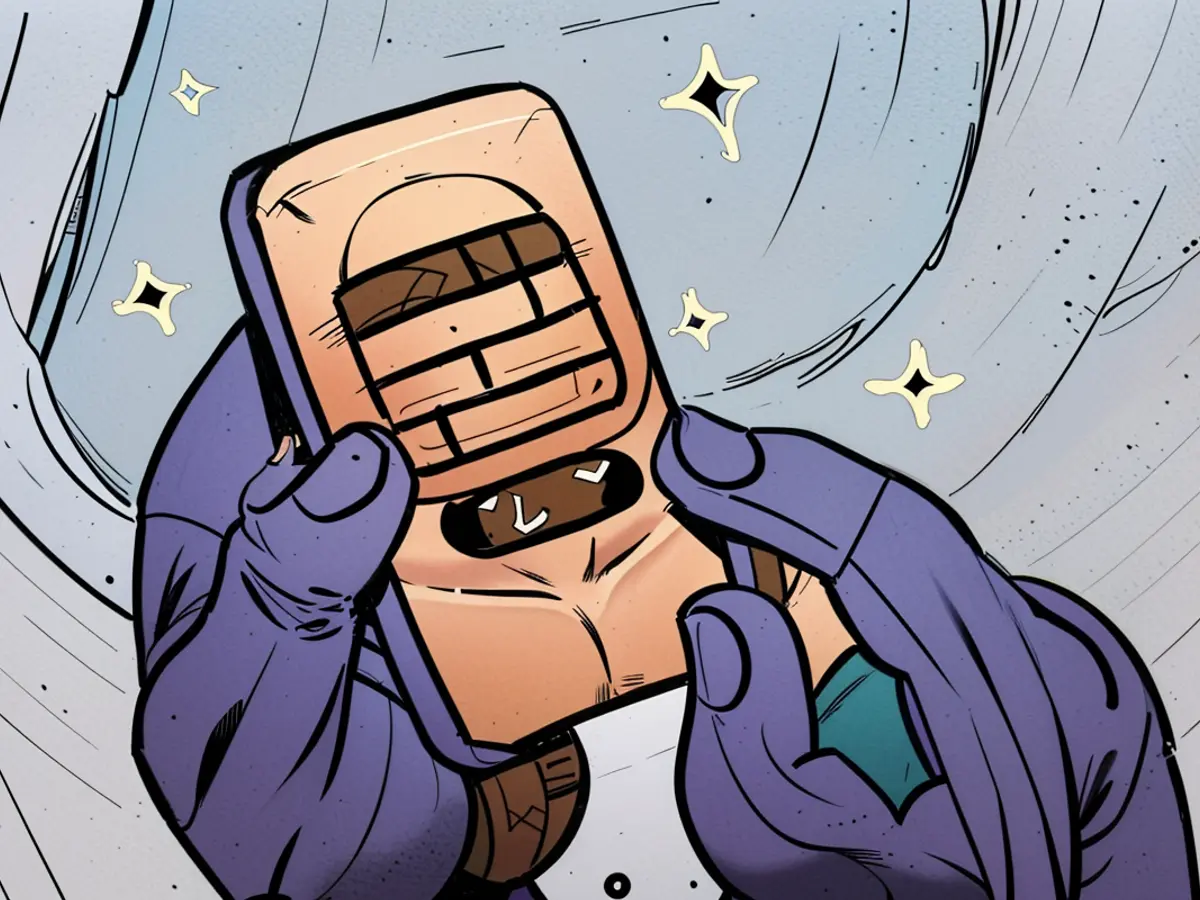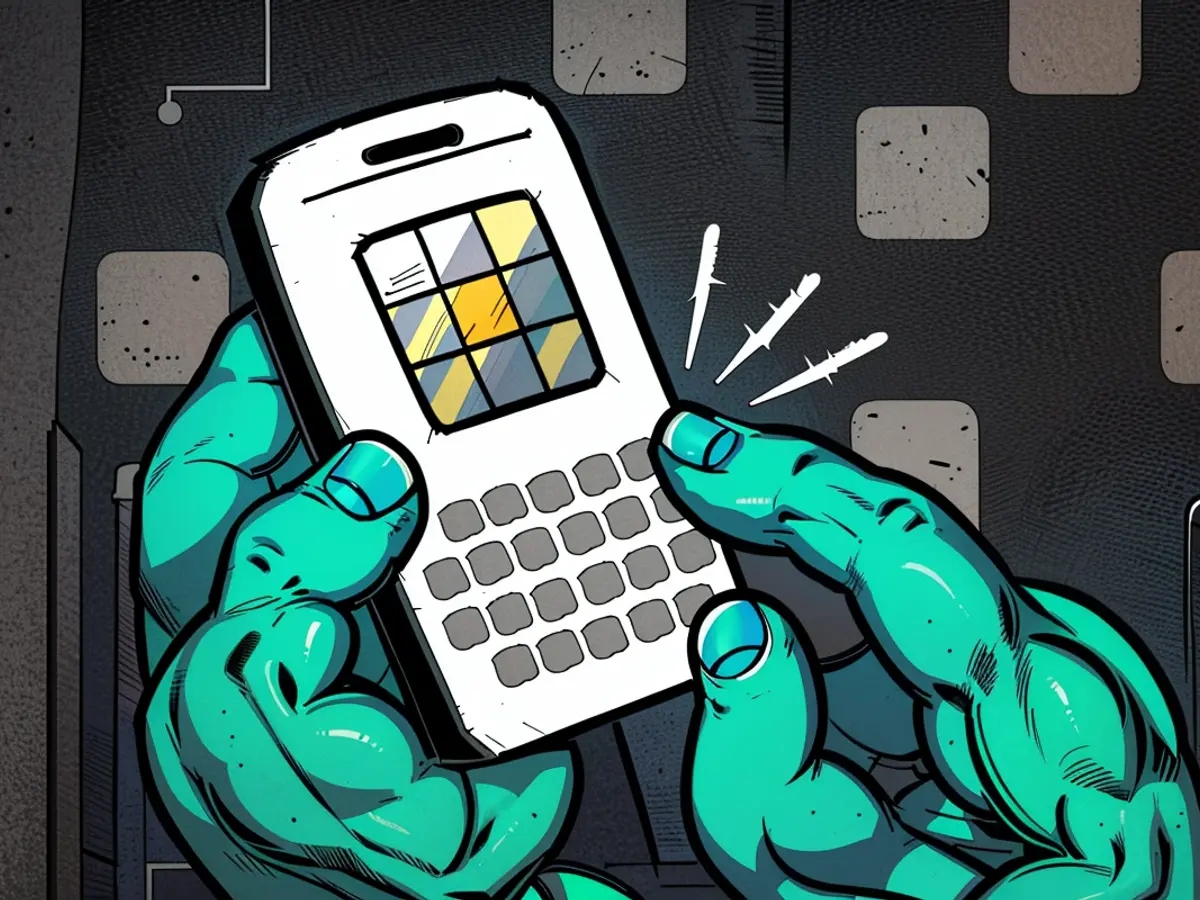Unfortunately, after pregnancy, young mothers face a phenomenon known as postpartum hair loss.
Postpartum Hair Loss: Causes and Recovery Tips
Let's explore why this happens and how you can help your locks regain their previous thickness and strength.
Related topic: How fast does hair grow: myths and reality
Hormonal changes after childbirth are one of the main reasons for many physical and emotional fluctuations that occur in a woman's body. During pregnancy, the levels of certain hormones, such as estrogen and progesterone, significantly increase. These hormones help maintain pregnancy and affect many systems in the body.
After childbirth, the levels of these hormones sharply drop to normal. This decrease can cause various symptoms and changes in the body, including hair loss.
Here's why hair may seem to fall out faster after childbirth
- During pregnancy, the elevated levels of estrogen and progesterone contribute to keeping hair in the growth phase (anagen). This means fewer hairs transition to the resting phase (telogen), and women usually lose less hair than usual. As a result, the hair becomes denser. When the baby is born, the hormonal balance starts returning to normal, and the hairs that were supposed to naturally fall out over 9 months begin to do so simultaneously. That's why it may appear as if they are simply "shedding." Postpartum hair loss is normal, and importantly, it is usually temporary.
- Over time, the hair growth cycle normalizes, and hair loss gradually decreases to the level it was before pregnancy. However, this process can take from several months to a year.
Although postpartum hair loss can be a concern for many women, it is usually a temporary phenomenon that does not require special treatment. However, if hair loss seems excessive or persists for more than 6-9 months, it is advisable to consult a trichologist to rule out possible causes such as anemia or hormonal imbalances.
How to maintain your locks: Secret tips for young moms
- Nutrition is your best friend. Your diet should include proteins, iron, B-vitamins (especially biotin), and omega-3 fatty acids – the foundation of hair health. Don't neglect greens, nuts, avocados, and salmon.
- Use a shampoo suitable for your scalp type and don't forget about conditioner. When combing, choose combs with wide teeth to minimize hair trauma.
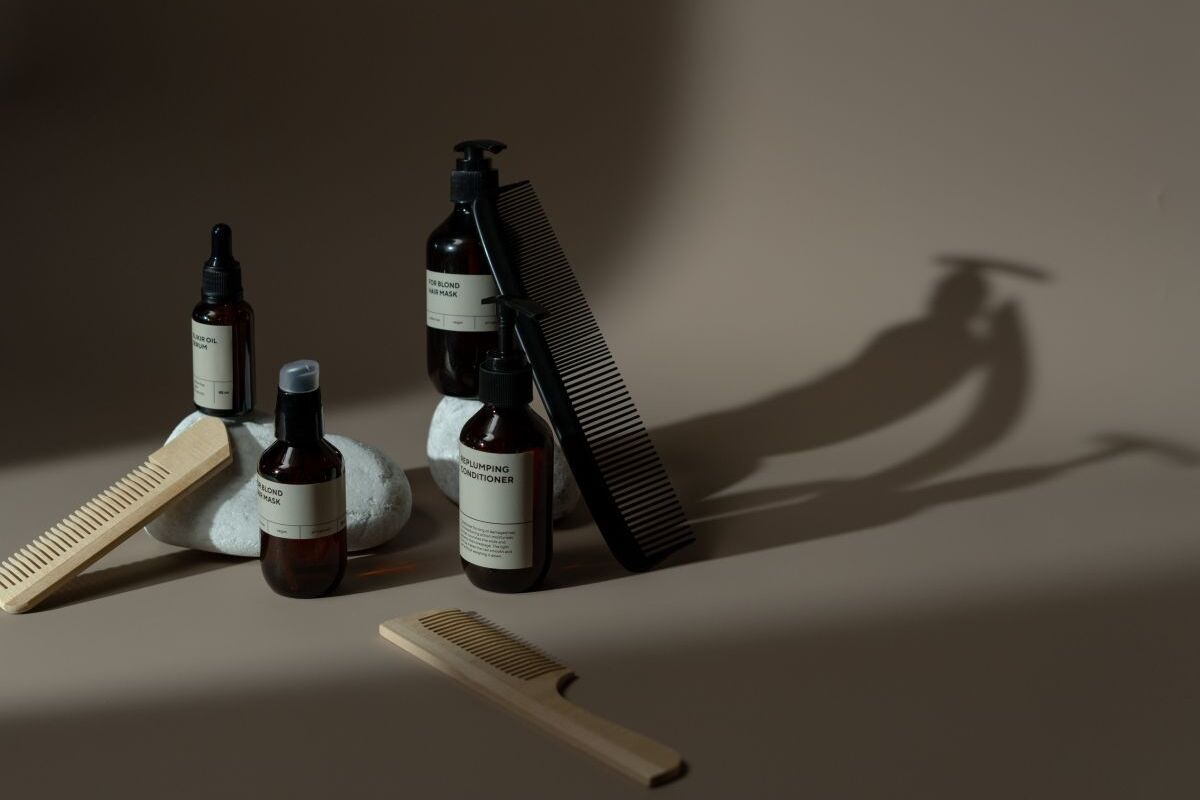
- Put aside hairdryers, curling irons, and straighteners. Let your hair rest from high temperatures and aggressive chemicals.
- Scalp massage is not only pleasant but also beneficial for stimulating blood flow to the follicles.
- Drink an adequate amount of water every day. Water is necessary to maintain body hydration, which is crucial for the health of the scalp and the strength of hair follicles. Proper water consumption helps transport nutrients to the hair roots, stimulates hair growth, and prevents dryness and breakage.
- Quality sleep is the key to health, not only for your body but also for your hair. During sleep, blood circulation to the scalp improves, providing better nourishment and oxygen supply to the hair. Additionally, sleep reduces stress levels, which can lead to hair loss.
- After consulting with a doctor, you can start taking special vitamins to restore hair.
When to seek help?
If hair loss persists or you notice other worrying symptoms (nail breakage, dry skin), it's time to consult a specialist. Your body may be signaling a deficiency in vitamins or other health issues.
Don't hesitate to seek help and advice from professionals. The ihairium.com service offers an individual approach to every mom looking to restore her hair's beauty and strength. Here, you'll find support and solutions to help your locks go through this period with minimal losses.
Download the app and enjoy many features for free; the extended functionality can be purchased at a discount on the libersave.com website.
Upon registration, users receive 10 euros, which can also be spent on purchasing advanced features in iHairium. By paying through the service, you'll save 54 euros on the subscription.
Remember: postpartum hair loss is only a temporary phenomenon, and with the right approach, you'll soon be able to enjoy a full and healthy mane!
Related topics:
After the hormonal changes during pregnancy, the levels of estrogen and progesterone decrease, causing many women to enter the resting phase (telogen) of their hair growth cycle. This results in a higher number of hairs beginning to fall out at once, leading to the appearance of postpartum hair loss. To help maintain hair health during this time, young mothers should focus on nutritional intake, using suitable hair products, and getting adequate sleep.
